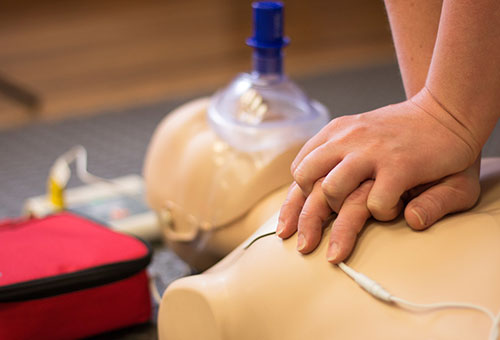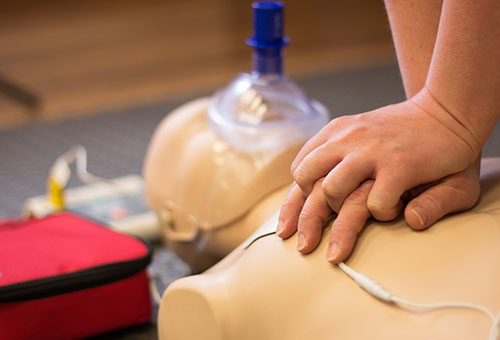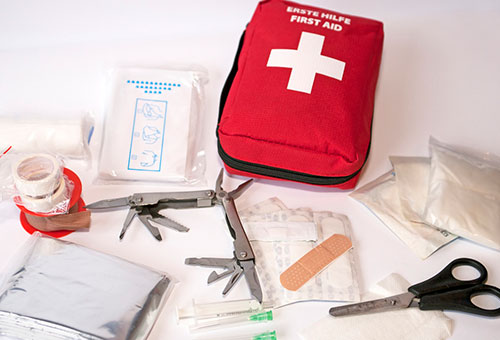CLASSES
Take a class at Fox Valley Tech for fun, personal enrichment or career development. Find classes in any location during any time of the day. We have hundreds of classes to fit your budget, schedule and learning style.
CATEGORIES
Sorry, no results were found. Please check back later.
Focuses on the instructional techniques, communication skills, analysis of psychomotor skills, evaluative techniques, skill demonstration and knowledge needed to be an American Heart Association BLS CPR instructor. Student must have current AHA BLS Provider CPR certification. Students are mailed an AHA BLS Instructor card with two-year certification after being successfully monitored teaching an AHA BLS Provider CPR course.
Teaches and evaluates two-rescuer CPR, one-rescuer CPR, obstructed airway technique for the adult/child/infant, adult/child Automated External Defibrillator (AED), pocket mask and Bag Valve mask. Students receive an American Heart Association Healthcare CPR card with two-year certification.
Teaches CPR/AED for adult/child/infant, rescue breathing for adult/child/infant, relief of choking for adult/child/infant. Upon completion, students are emailed an American Heart Association CPR e-Card with two-year certification.
Teaches and evaluates CPR/AED for adult, rescue breathing for adult, and relief of choking for adult and basic first aid until an ambulance arrives. Students are emailed an American Heart Association Heartsaver CPR/First Aid e-Card with two-year certification.
Presents and evaluates basic first aid skills necessary to care for the ill and injured until medical help arrives. The course is designed for the layperson. Students receive an American Heart Association First Aid card with two-year certification.
Prepares learners for entry-level employment as assistants to a licensed nurse in a hospital, nursing home, home health agency or community-based residential facility. Covers simple nursing tasks such as bathing and feeding patients, making beds and taking vital signs. FVTC's Nursing Assistant program is approved by the Wisconsin Department of Health Services. In order to complete the course you need to participate in a clinical experience. All clinical agencies require completion of a background check and specific health requirements. This information needs to be sent to the agency prior to the class starting. To make it easier to fulfill these requirements, we've grouped them into two steps. **Prior to class registration, you will need to complete this pre-application process. ** Classes fill quickly, so get started soon. [Learn more about the program and start the pre-application process.](www.fvtc.edu/program/health-science/30-543-1/nursing-assistant)








